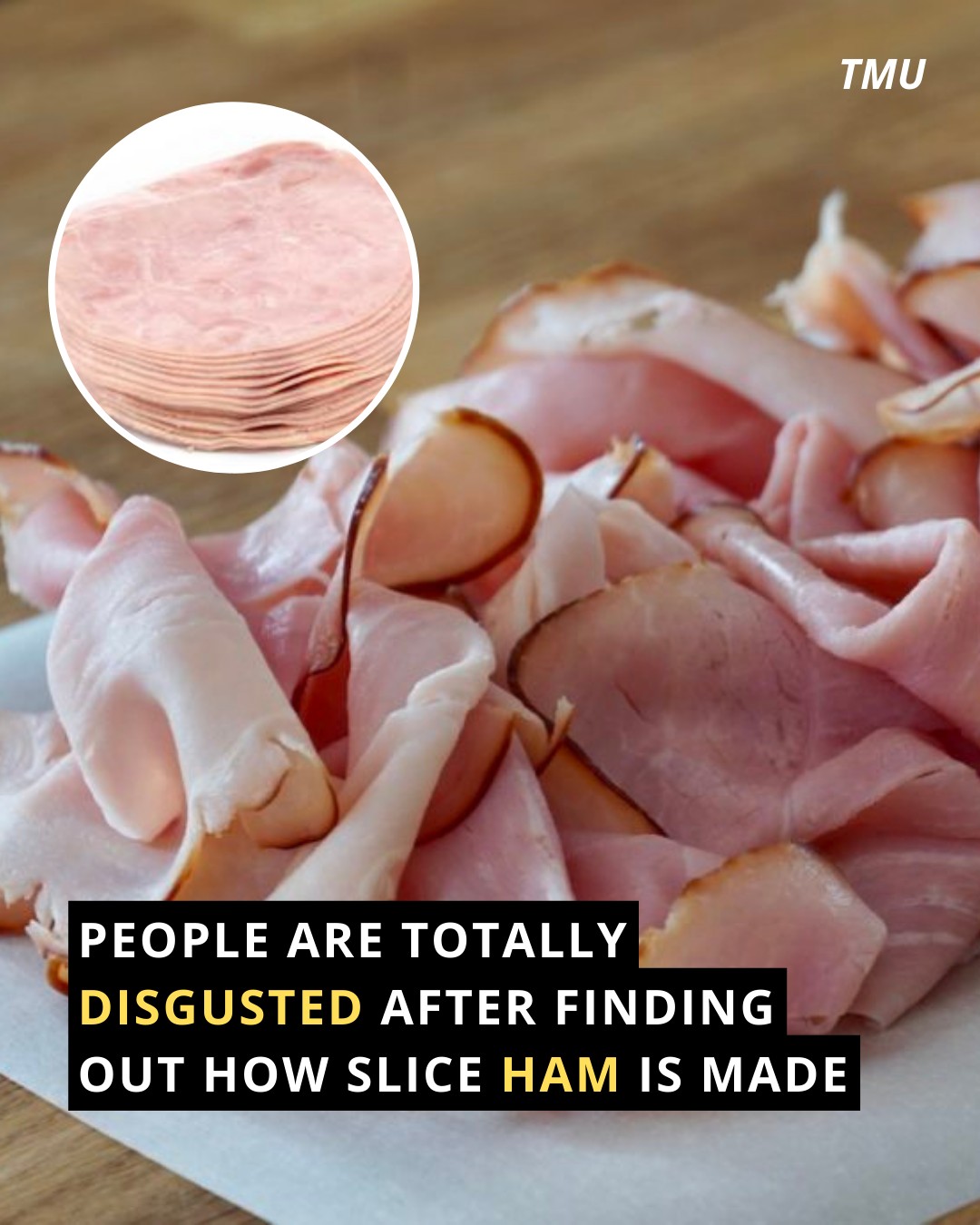The industrial production of ham also has a significant environmental footprint. The resources required to raise pigs, process the meat, and transport the final product contribute to greenhouse gas emissions, deforestation, and water pollution.
A Growing Movement for Transparency
As consumers become more aware of the realities of food production, there is a growing demand for transparency and higher standards. Many people are turning to locally sourced, artisanal, or organic meats that are produced with more sustainable and ethical practices. These alternatives often involve traditional curing methods, minimal additives, and better animal welfare practices.
Conclusion
The disgust surrounding sliced ham production highlights a broader issue within the food industry—our disconnection from the origins of our food. By understanding the processes involved and the implications for health, ethics, and the environment, consumers can make more informed choices. Whether it means opting for higher-quality, ethically produced ham or exploring plant-based alternatives, the movement towards greater transparency and better food practices continues to grow.
Ultimately, the decision of what to eat rests with each individual, but knowledge is a powerful tool in shaping a healthier and more conscientious food culture
ADVERTISEMENT
